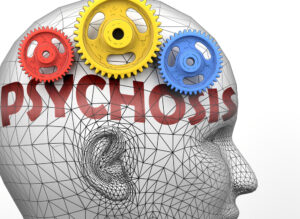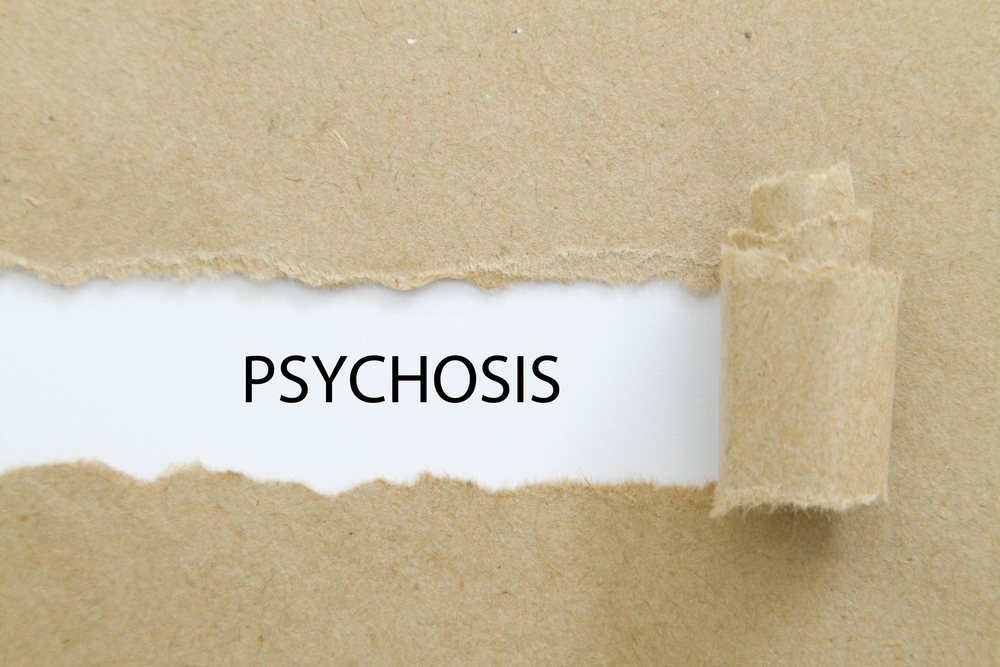Psychosis, a mental health condition characterized by a detachment from reality, has long been a topic of interest in the context of cannabis use. As marijuana gains increasing acceptance and legalization in many parts of the world, concerns about its potential relationship with psychosis have surfaced. This article aims to explore the association between cannabis and psychosis, shedding light on both the positive and negative aspects of this complex relationship.
Medicinal Benefits:
Cannabis has shown promise in treating various medical conditions such as chronic pain, epilepsy, and multiple sclerosis. Studies suggest that certain compounds in cannabis, like cannabidiol (CBD), possess antipsychotic properties, potentially mitigating psychosis symptoms and offering therapeutic benefits.
Harm Reduction:
In regions where cannabis is illegal, users often resort to obtaining marijuana from the black market, where quality control is lacking. Legalization allows for regulated production and distribution, ensuring that consumers have access to safer products with known potency and purity levels. This reduces the risk of inadvertently consuming synthetic compounds or contaminated substances that could potentially induce psychosis.
Insights into the Brain:
Cannabis use provides researchers with a unique opportunity to study the brain’s neurochemistry and gain a deeper understanding of psychosis. By examining the effects of cannabinoids on brain function, scientists can explore the underlying mechanisms of psychosis development, potentially leading to the development of more effective treatments.
Psychosis Vulnerability:
Research has consistently demonstrated that cannabis use, particularly during adolescence, increases the risk of developing psychotic disorders such as schizophrenia. Individuals with a genetic predisposition to psychosis are particularly vulnerable. The psychoactive compound in cannabis, delta-9-tetrahydrocannabinol (THC), can alter brain development and neurotransmitter activity, potentially triggering or exacerbating psychosis in susceptible individuals.
Acute Psychotic Reactions:
In some cases, cannabis use can elicit acute psychotic reactions, especially when consumed in high doses or in individuals predisposed to psychosis. These reactions may include hallucinations, delusions, and severe paranoia. Although such reactions are typically transient, they can be distressing and pose risks to personal safety and mental well-being.

Impairment of Cognitive Function:
Frequent and heavy cannabis use has been linked to cognitive impairments, including deficits in memory, attention, and executive functioning. Such impairments can hinder daily functioning and negatively impact educational and occupational achievements. Individuals experiencing psychosis are particularly susceptible to cognitive decline, and cannabis use may exacerbate these effects, further compromising their overall mental health.
The genetic link between psychosis and cannabis use is an essential aspect to consider in understanding the relationship between the two. Research suggests that individuals with a genetic predisposition to psychosis are more susceptible to the adverse effects of cannabis. Several genes have been identified that play a role in both the development of psychosis and the body’s response to cannabinoids.
For instance, variations in the gene known as COMT have been associated with an increased risk of developing psychosis in individuals who use cannabis. Certain variations in the COMT gene can lead to an imbalance in dopamine levels, which may contribute to the onset or progression of psychosis in cannabis users.
Moreover, another gene called AKT1 has been implicated in the interaction between cannabis and psychosis. AKT1 plays a crucial role in neuronal signaling pathways and has been linked to the regulation of dopamine release. Studies have shown that individuals with a specific variation in the AKT1 gene are more likely to experience psychotic symptoms after using cannabis.
Understanding the genetic factors involved in the relationship between cannabis and psychosis is crucial for personalized medicine and intervention strategies. Identifying individuals who may be genetically susceptible to cannabis-induced psychosis can help tailor prevention efforts, provide targeted education, and encourage cautious cannabis use.
It is important to note that while genetic factors contribute to the vulnerability to psychosis, they do not determine the outcome on their own. Environmental factors, such as stress, trauma, substance use, and social support, also play a significant role. The interplay between genetic and environmental factors in the development of psychosis requires further investigation to gain a comprehensive understanding of this complex relationship.
Genetic factors contribute to the link between psychosis and cannabis use. Individuals with a genetic predisposition to psychosis may be more susceptible to the adverse effects of cannabis, particularly THC. The identification of specific genes involved in this relationship opens avenues for personalized interventions and prevention strategies. However, it is essential to remember that genetics alone do not determine the development of psychosis, as environmental factors also play a significant role.
The relationship between psychosis and cannabis is multifaceted, with both positive and negative aspects to consider. While cannabis may hold potential medicinal benefits and provide insights into psychosis, the risks associated with cannabis-induced psychosis, acute reactions, and cognitive impairments should not be overlooked. It is crucial to promote responsible cannabis use, especially among vulnerable populations, and to conduct further research to better understand the complexities of this relationship.
To access our free cannabis dosage calculator–
Click Here!!!
References
https://link.springer.com/article/10.1007/s00213-021-05905-9
https://www.sciencealert.com/cannabis-marijuana-psychosis-risk-mental-health
https://pubmed.ncbi.nlm.nih.gov/26884547/
https://www.sciencealert.com/we-re-a-step-closer-to-understanding-why-cannabis-puts-so-many-at-risk-of-psychosis
https://www.medscape.com/viewarticle/869541#vp_1
https://www.medscape.com/viewarticle/756576
https://www.frontiersin.org/articles/10.3389/fpsyt.2021.694394/full

